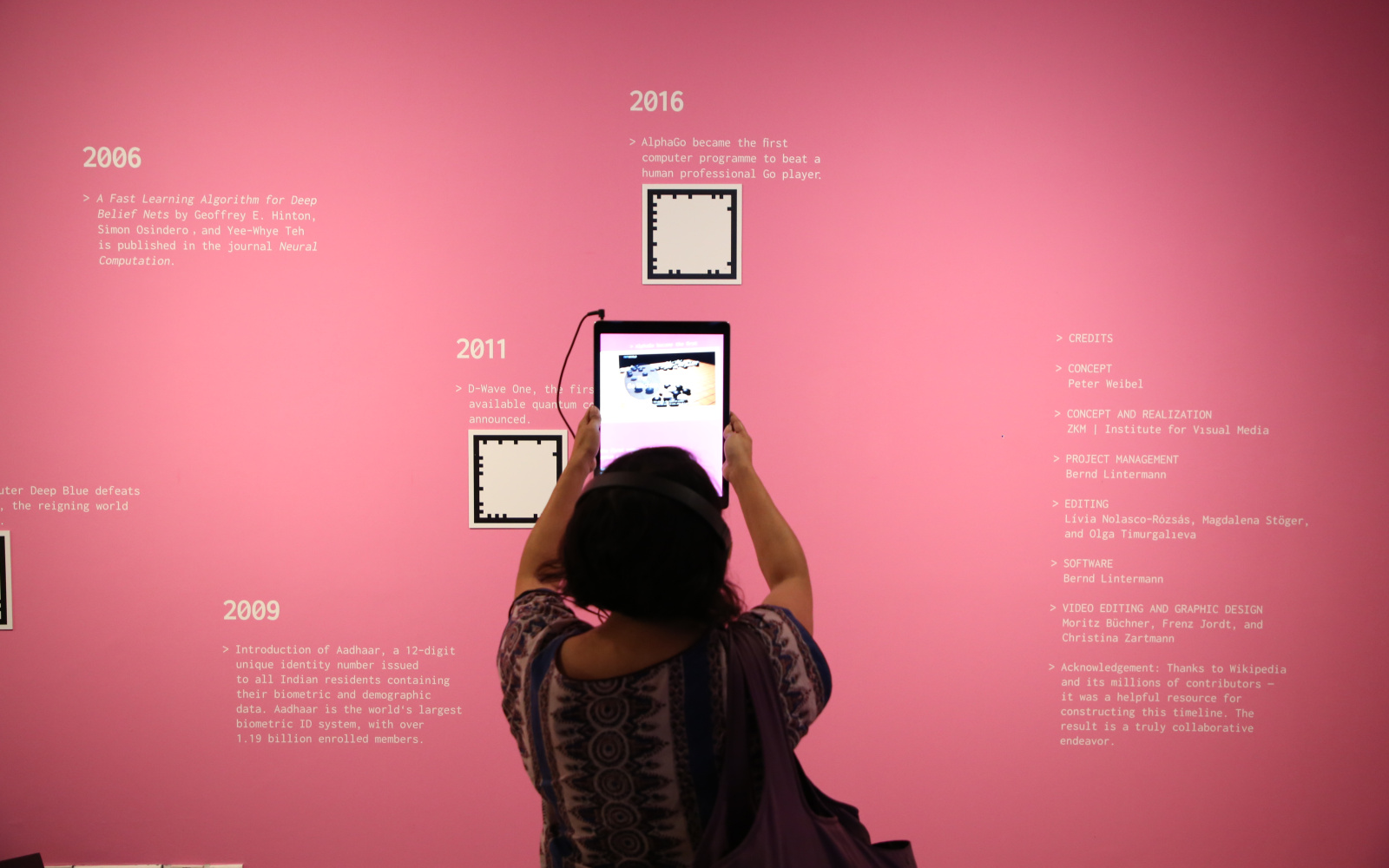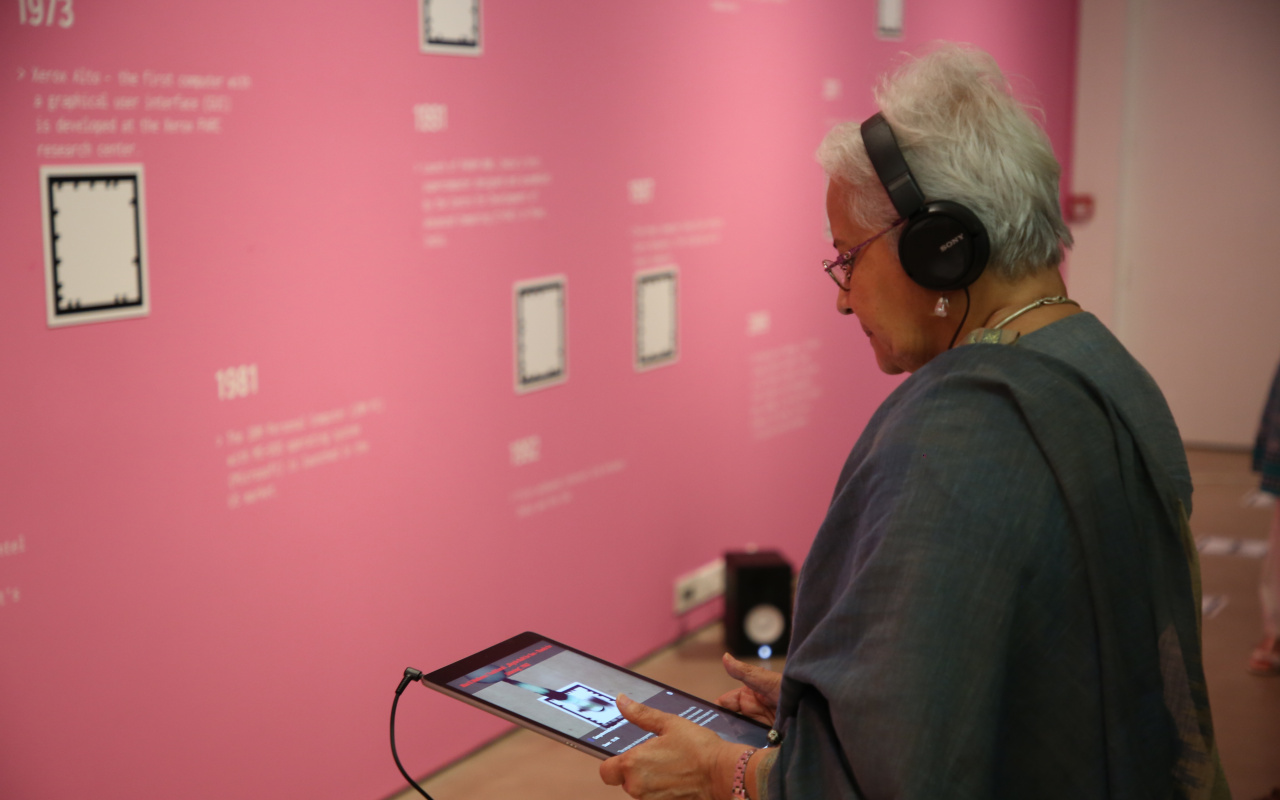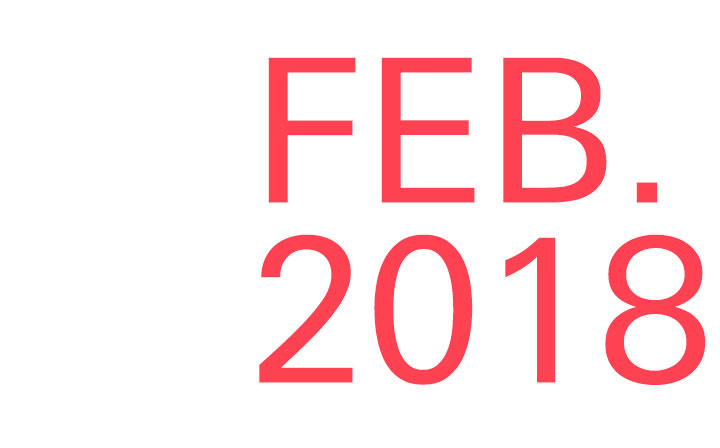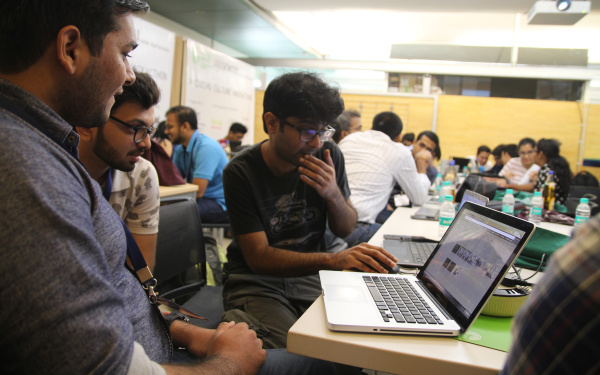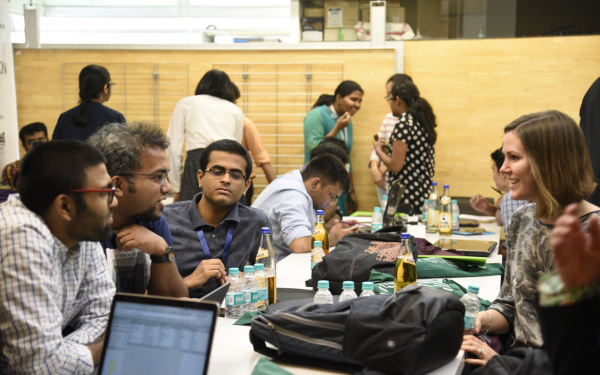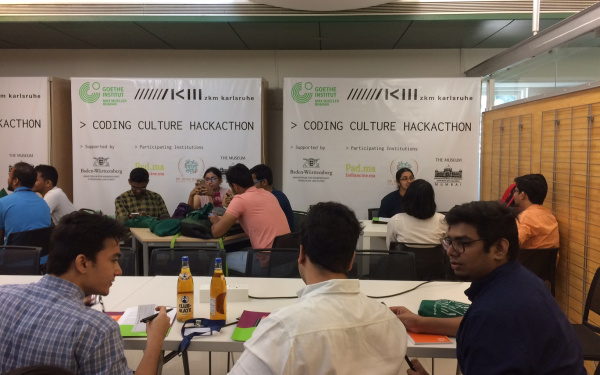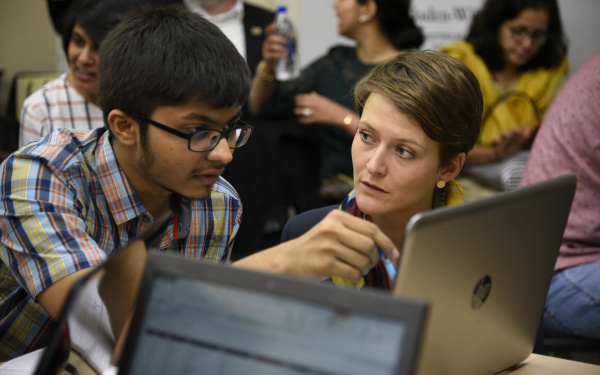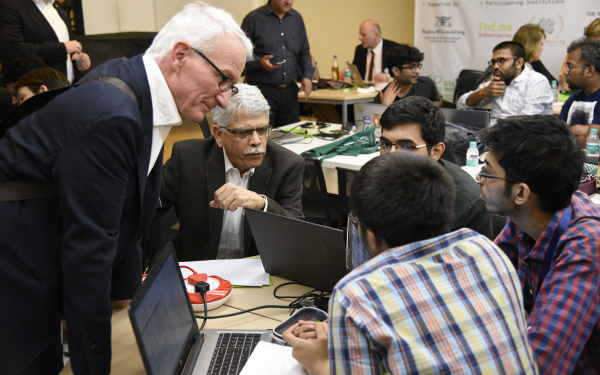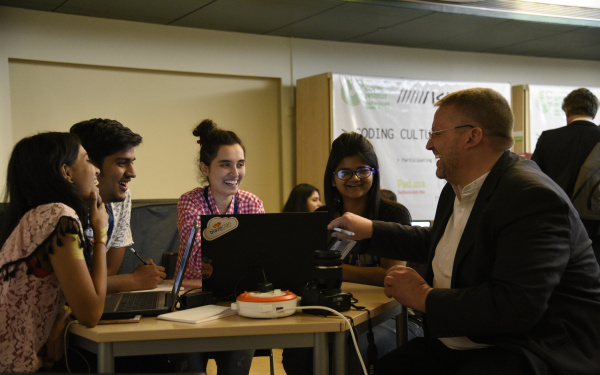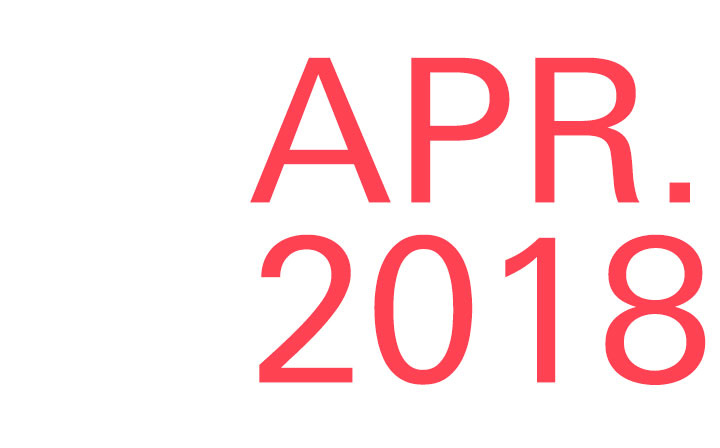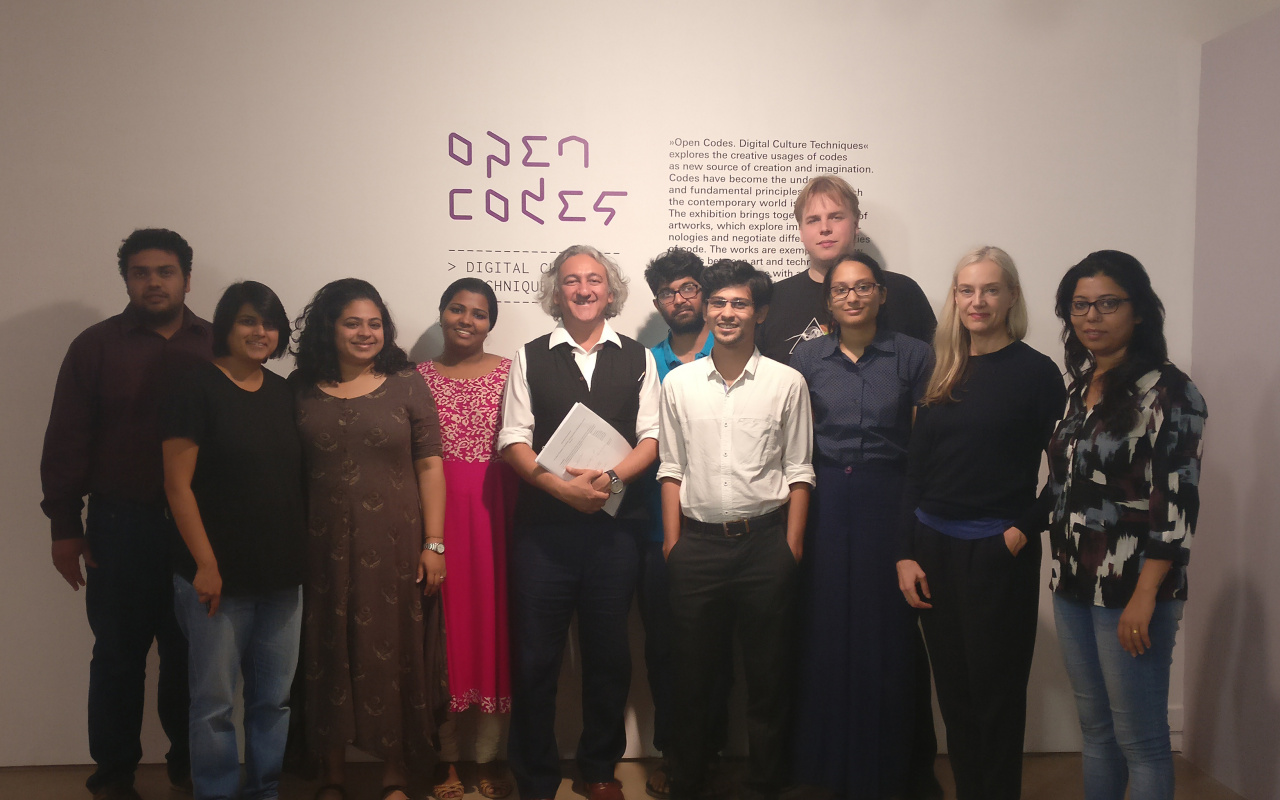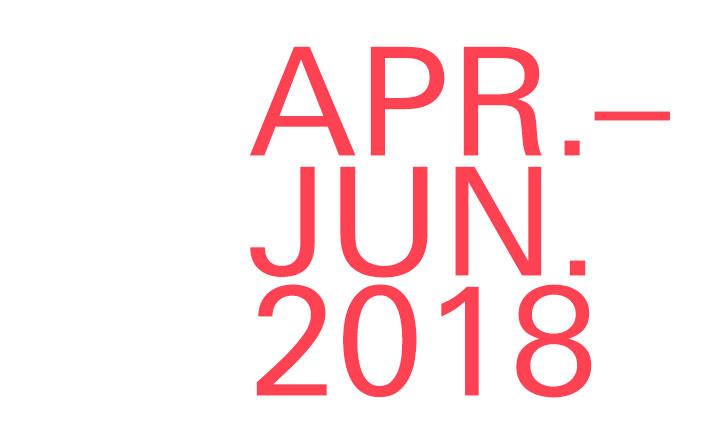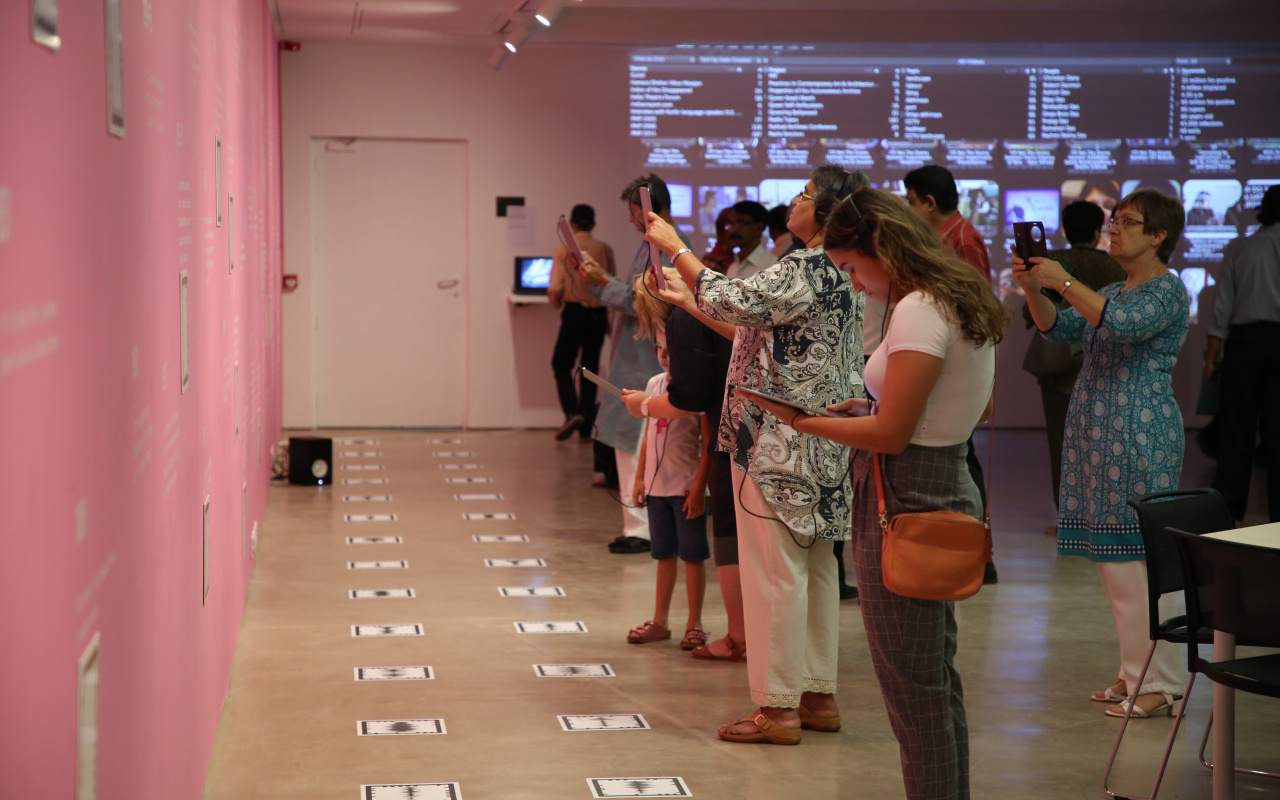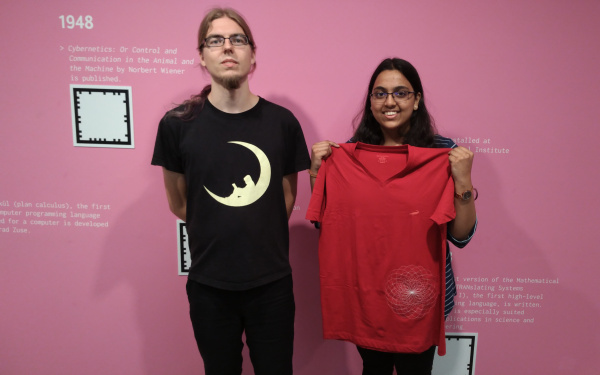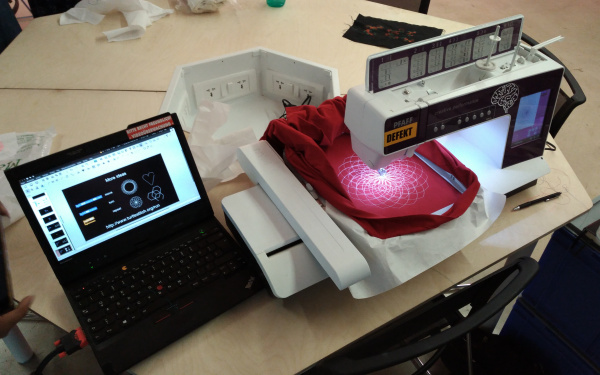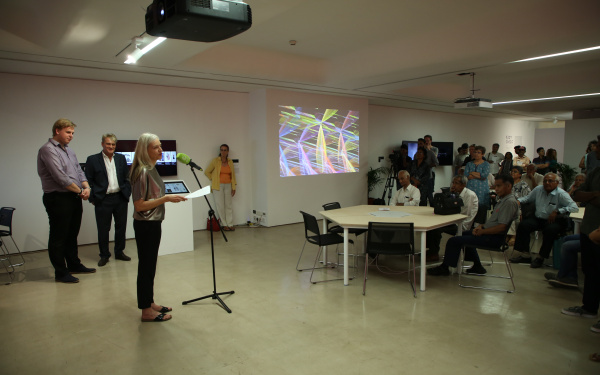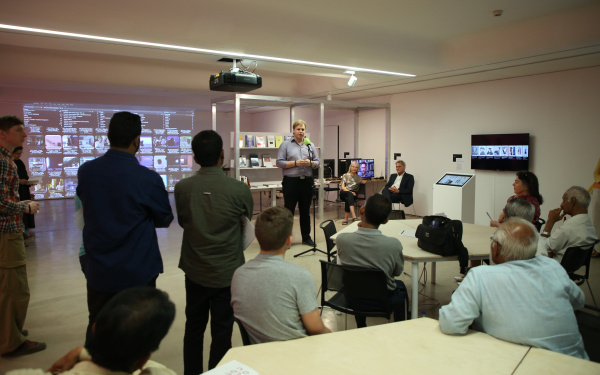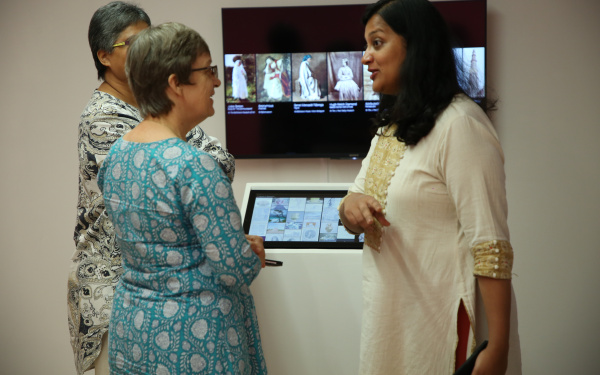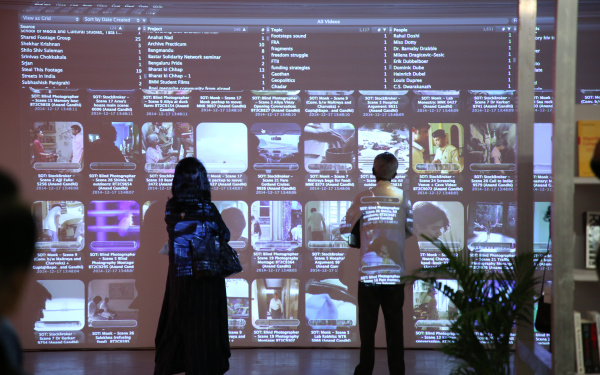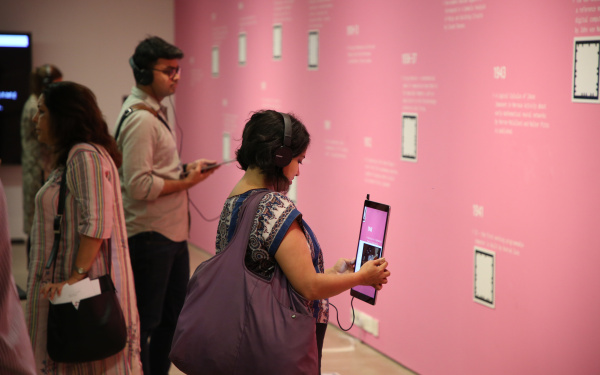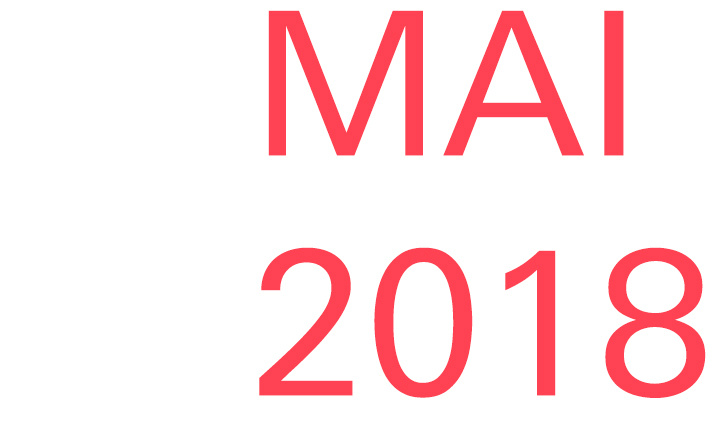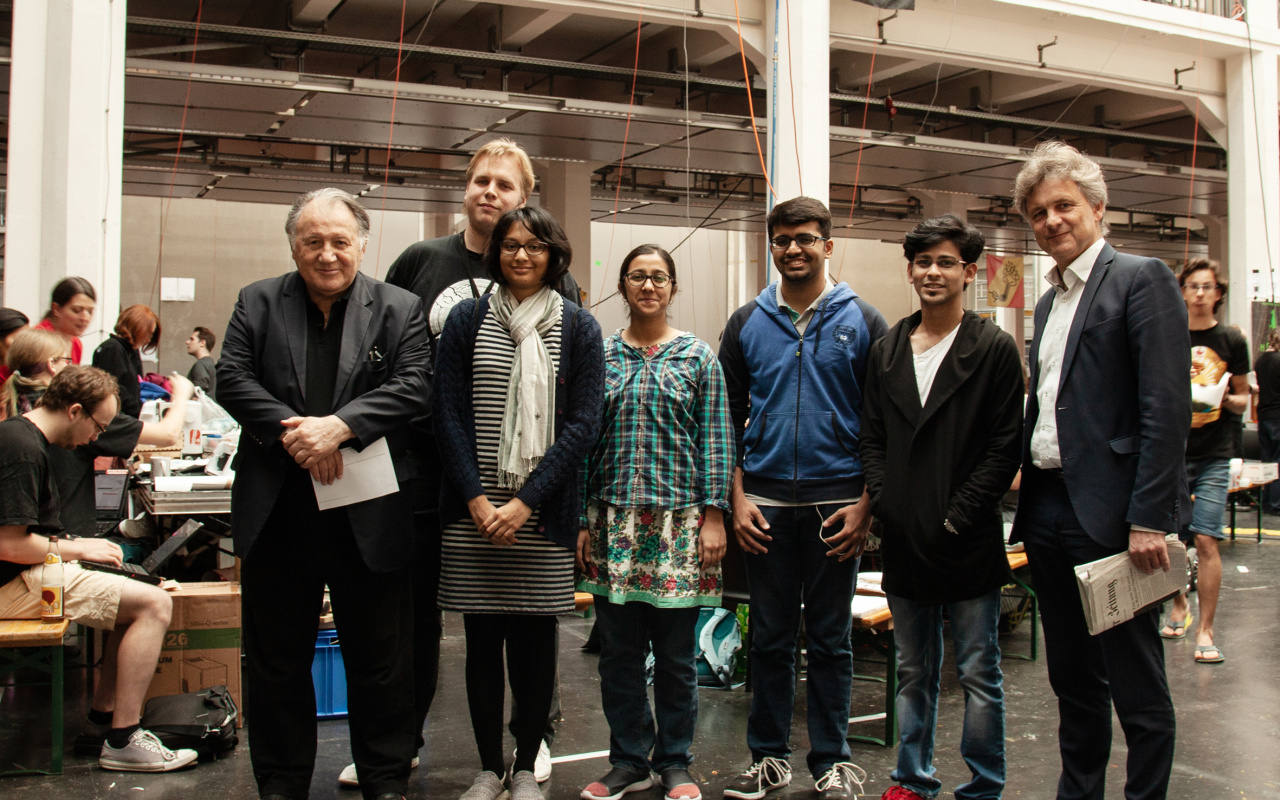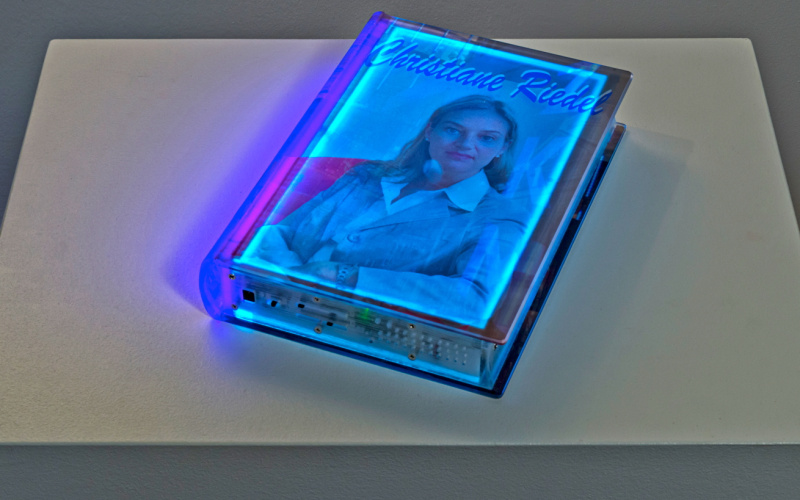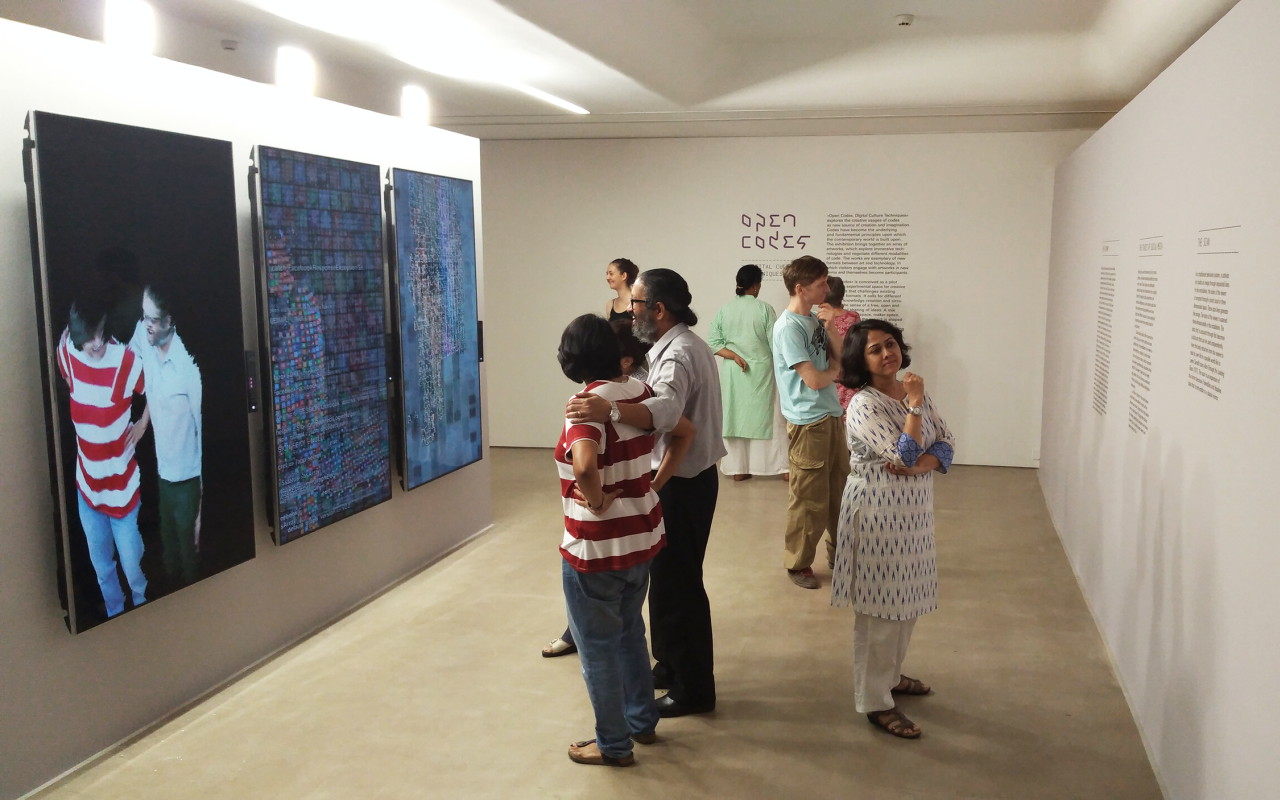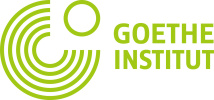Open Codes
Digital Culture Techniques
Since January 2017 ZKM has been active in India. With its expertise in digital change, it is acting as a driving force, an idea platform and important communicator between culture and new technologies.
In 2018, the Goethe-Institute / Max Mueller Bhavan Mumbai opened the first venue of the exhibition and education experiment »Open Codes. The World as a Field of Data«. The further developed satellite exhibition will be on display in other Goethe Institutes worldwide in 2019.
In preparation for the exhibition »Open Codes. Digital Culture Techniques« at the Goethe-Institut / Max Mueller Bhavan, the ZKM initiated the »Coding Culture Hackathon« at the Goethe-Institut Mumbai in February 2018. The winners of the Hackathon were awarded in April 2018 in Mumbai and travelled to Europe's second largest hacker meeting in May 2018, the »Goulash Programmers Night« at the ZKM.
Coding Culture Hackathon
In cooperation with the Goethe-Institut Mumbai, the ZKM organized a »Coding Culture Hackathon« in Mumbai from February 1–2, 2018, which connected established Indian cultural institutions with the local coder scene.
A total of ten teams took part in the Hackathon, which brought cultural institutions in Mumbai together with the Programmer-Scene: Established cultural institutions such as the CSMVS (Chhatrapati Shivaji Maharaj Vastu Sangrahalaya, Formerly Prince of Wales Museum of Western India) and the Dr. Bhau Dji Lad City Museum in Mumbai were connected with the Indian Programmer-Scene to test new forms of cooperation. Over a period of two days, not only experimental apps and websites has been developed for the expansion of museum services, but also artworks were created that move in the field of tension between »Code« and »Art«.
The team »Morpheus«was selected as the winner for the project »KHOJ - Key to Historical Object Juxtaposition«. With its system, based on Google Inception / Tensorflow, the project aims to categorize large quantities of badly or not at all sorted images in an uncomplicated way, usable for museums as well as for the public. The team trained artificial neural networks with 4,500 known images and categorized them using color palettes and hash values.
award ceremony
On April 7, 2018, the winning team of the »Coding Culture Hackathon«, »Morpheus« was awarded at the Goethe-Institut in Mumbai.From May 10–13, 2018, the team will travel to the ZKM for Europe's second largest hacker meeting.
Open Codes. Digital Culture Techniques
An adapted version of the ZKM exhibition experiment »Open Codes. Living in Digital worlds« has been on display at the Goethe-Institut Mumbai until June 2, 2018.
»Open Codes. Living in digital worlds« is conceived as a pilot project, an experimental space for creative encounters that challenges existing exhibition formats. It disrupts predispositions and calls for different forms of knowledge creation and circulation in the sense of a free, open and unrestricted sharing of ideas. The further development of this venue for India, called »Open Codes. Digital Culture Techniques«, explores the creative usages of codes as new source for creation.
The exhibition brings together fourteen artworks, which explore immersive technologies and negotiates different modalities of code. It transforms the exhibition space into a place of experimentation, action, and transformation through new forms of encounter. The works in the exhibition are exemplary of the new participatory formats of engaging with art and technology, in which visitors engage with artworks in new forms and themselves become participants. Six artworks were selected for presentation in India, of which two are works by Indian artists. Those artworks were new and not shown in Karlsruhe.
The works are seen as a starting point for discussions, so workshops and accompanying discussion events were an elementary part of the exhibition in Mumbai. In order to fan out the diverse facets and uses of codes, the exhibition team had initiated collaborations with local initiatives and protagonists in order to emphasize the complexity and networking of the acquisition of knowledge.
Codes open the space for creative thinking.
From a creative point of view, code provides a cognitive space for imagination which blurs boundaries and dissolves physical constraints. The digital world of codes has unveiled a new dimensionality, a realm of continuous re-creation and new formation. The digital world of codes is also challenging the boundaries of what is thinkable and perceptible to the human, transforming our ability to use and understand information. Images and words become encoded and re-appropriated, opening up a space for creation and breaking up linear modes of thought, which allows for the investigation of new ontological landscapes.
»Open Codes. Digital Culture Techniques« explores the creative usages of codes as new source for creation. The exhibition brings together an array of artworks, which explore immersive technologies and negotiates different modalities of code. It transforms the exhibition space into a place of experimentation, action, and transformation through new forms of encounter. The works in the exhibition are exemplary of the new participatory formats of engaging with art and technology, in which visitors engage with artworks in new forms and themselves become participants.
India goes ZKM
May, 9-24, 2018, the Indian winning team »Morpheus« of the »Coding Culture Hackathon« visited the exhibition »Open Codes« at the ZKM and the 18th Goulash Programmers Night which is the second largest hacker meeting in Europe.
»The common level always remains the subject of codes and the exhibition space as a co-working space.«
Previous »Open-Codes«-venues und cooperations:
February, 1–2, 2018 | Coding Culture Hackathon |
| May, 9–14, 2018 | Morpheus goes ZKM |
| April, 7–June, 2, 2018 | Open Codes. Digital Culture Techniques |
-
A cooperation by
